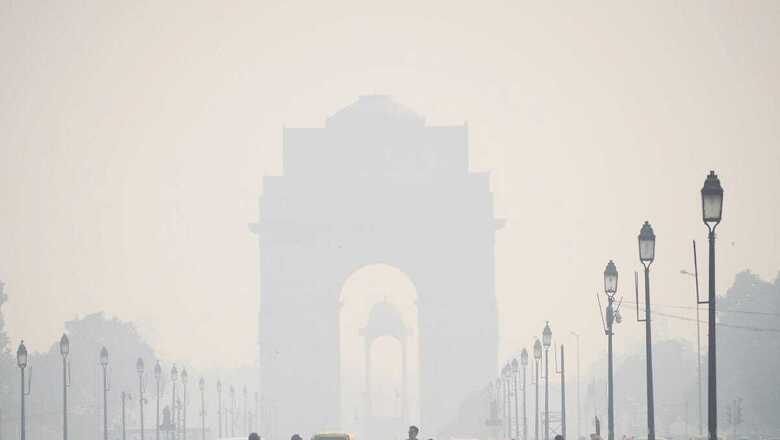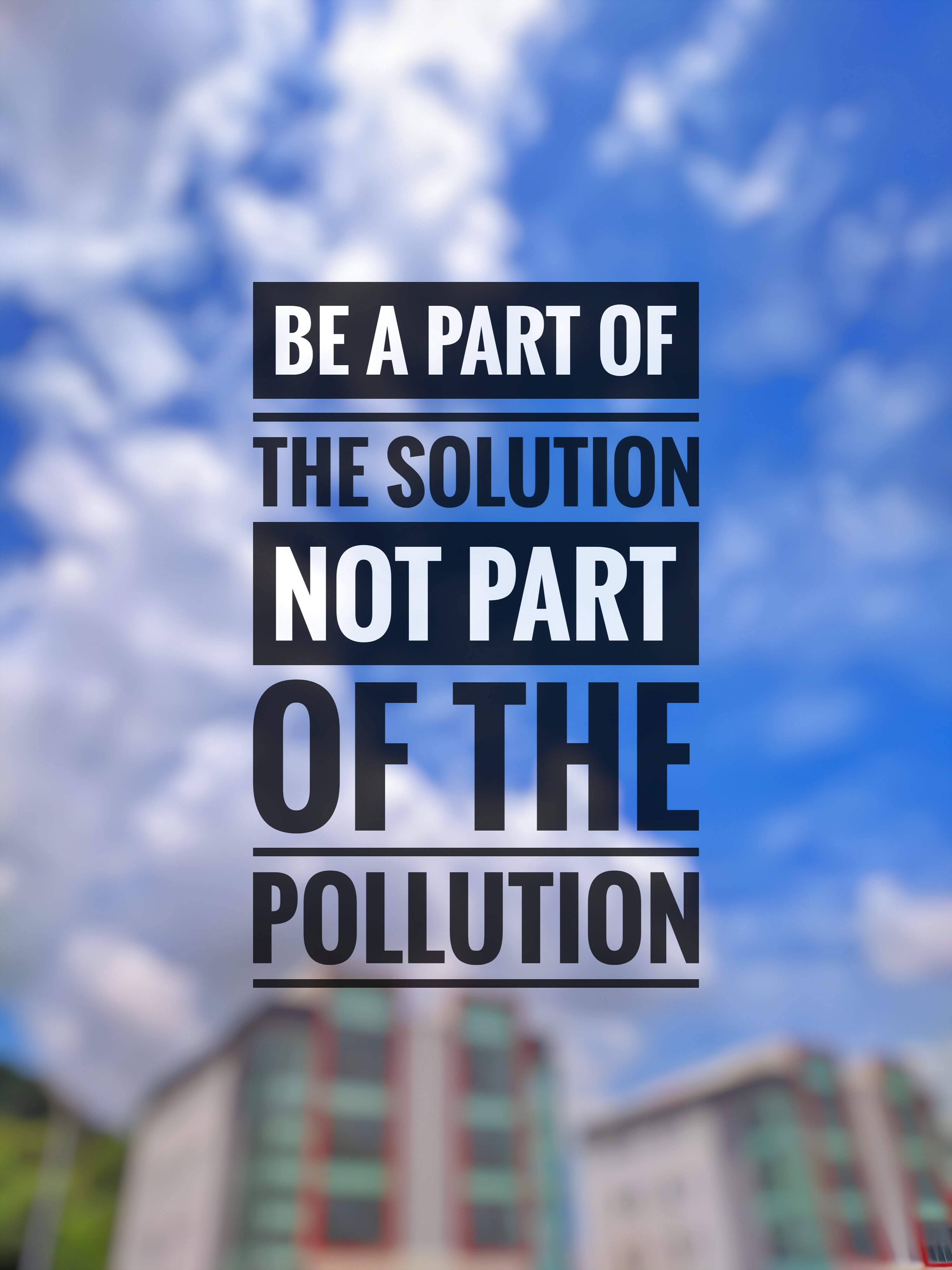
views
WORLD ENVIRONMENT DAY 2023: World Environment Day, observed annually on June 5, aims to raise awareness and inspire action on environmental issues. It provides a global platform for individuals, communities, and governments to address pressing challenges. Among these challenges, air pollution stands out as a major concern. Air pollution refers to the harmful substances present in the air, primarily caused by human activities like industrial emissions, vehicle exhaust, and burning fossil fuels.

It silently threatens the health and well-being of millions worldwide. While we typically associate air pollution with smoggy cities and industrial zones, its reach and impact extend far beyond these visible areas. On the occasion of World Environment Day, let’s delve into some eye-opening facts about air pollution:
- 91% of the world’s population breathe polluted air every dayAccording to the World Health Organization (WHO), more than 90 percent of people worldwide live in areas impacted by polluted air. The main culprits behind global air pollution are the burning of fossil fuels for power generation and emissions from vehicles running on fossil fuels. In the year 2020, the Environmental Protection Agency revealed that the United States alone released around 68 million tons of air pollution into the atmosphere.
- Air Pollution Kills 6.7 Million People Annually, 3.2 Million Die From Household Air PollutionAir pollution is a silent killer, causing approximately 7 million premature deaths each year, according to the World Health Organization (WHO). Breathing polluted air increases the risk of respiratory diseases, heart conditions, stroke, and even cancer. It affects individuals of all ages, but children, the elderly, and those with pre-existing health conditions are particularly vulnerable.
- Air Pollution Is A Greater Threat To Life Expectancy Than Smoking, HIV, Or WarA report by the Energy Policy Institute at the University of Chicago disclosed that individuals in India endure an average lifespan reduction of 5.9 years due to poor air quality. Additionally, the top five countries with severe air pollution in Asia, Central, and West Africa are also witnessing a concerning rise in this hazard. The average life expectancy in these regions has dropped by two to five years, surpassing the health risks posed by renowned killers like HIV/AIDS and malaria.
- Over 3 Billion Lack Access to Clean Cooking And Are Affected by Household Air PollutionAir pollution is not limited to outdoor environments; it also affects indoor spaces. In fact, indoor air pollution can be even more harmful due to the concentration of pollutants in confined areas. Common sources include cooking stoves, heating appliances, tobacco smoke, and building materials. WHO estimates that 3.8 million premature deaths occur annually due to household air pollution.
- 91% of Premature Deaths in Low-Income CountriesDeadly air pollution is a grave concern in Sub-Saharan Africa and South Asia, with significantly higher mortality risks compared to Europe and North America. Additionally, over 3 billion people globally still rely on polluting cooking methods, exposing themselves to indoor air pollution-related illnesses.
- 10 Of The World’s 15 Most Polluted Cities Are In IndiaDespite China’s Hotan being the most polluted city, India dominates the list of top polluted cities. 10 out of the top 15 polluted cities worldwide are in India, exceeding WHO’s PM2.5 guidelines by 500 percent. Causes include vehicle emissions, fossil fuel cooking in poorer households, and waste burning. India’s National Clean Air Programme aims to reduce pollution by 30 percent by 2024, and it plans to achieve 50 percent renewable energy by 2030, contributing to lower emissions.
















Comments
0 comment